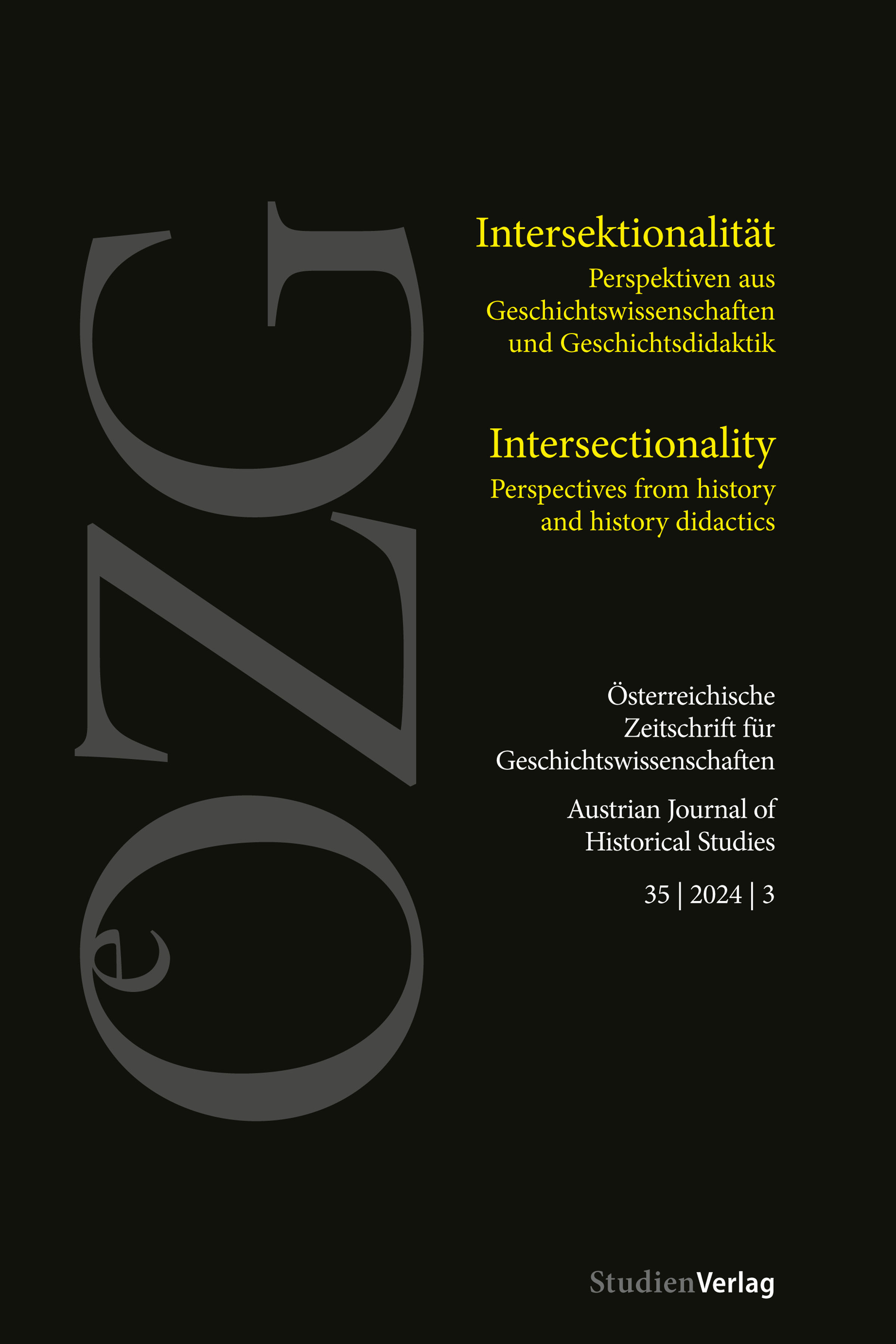Intersektionale Sozialarbeitsgeschichte in der Hochschuldidaktik
Selbstzeugnisse von Fürsorgerinnen des Wiener Jugendamts in den 1930er-Jahren als Quelle
DOI:
https://doi.org/10.25365/oezg-2024-35-3-4Schlagworte:
social work history, autobiographical research, intersectionality, didactics of history, youth welfareAbstract
The historiography of social work receives significant impulses from intersectional perspectives and raises new questions that also concern the didactics of history in higher education. A teaching concept was implemented in the context of a course on the history of social work. The profession for women, which emerged in Austria in the 1920s, established itself primarily in the Youth Welfare Office. Two sources, the personal testimonies of Jewish female social workers who had to flee in the 1930s, provide an insight into the everyday life of this institution of the City of Vienna. Together with social work students, these sources were analysed using theories of intersectionality on a structural, symbolic, and individual level. In this way, complex discriminations and privileges in the institution’s mission between help and control were reconstructed.
Downloads
Veröffentlicht
Zitationsvorschlag
Ausgabe
Rubrik
Lizenz
Copyright (c) 2024 Österreichische Zeitschrift für Geschichtswissenschaften

Dieses Werk steht unter der Lizenz Creative Commons Namensnennung 4.0 International.


